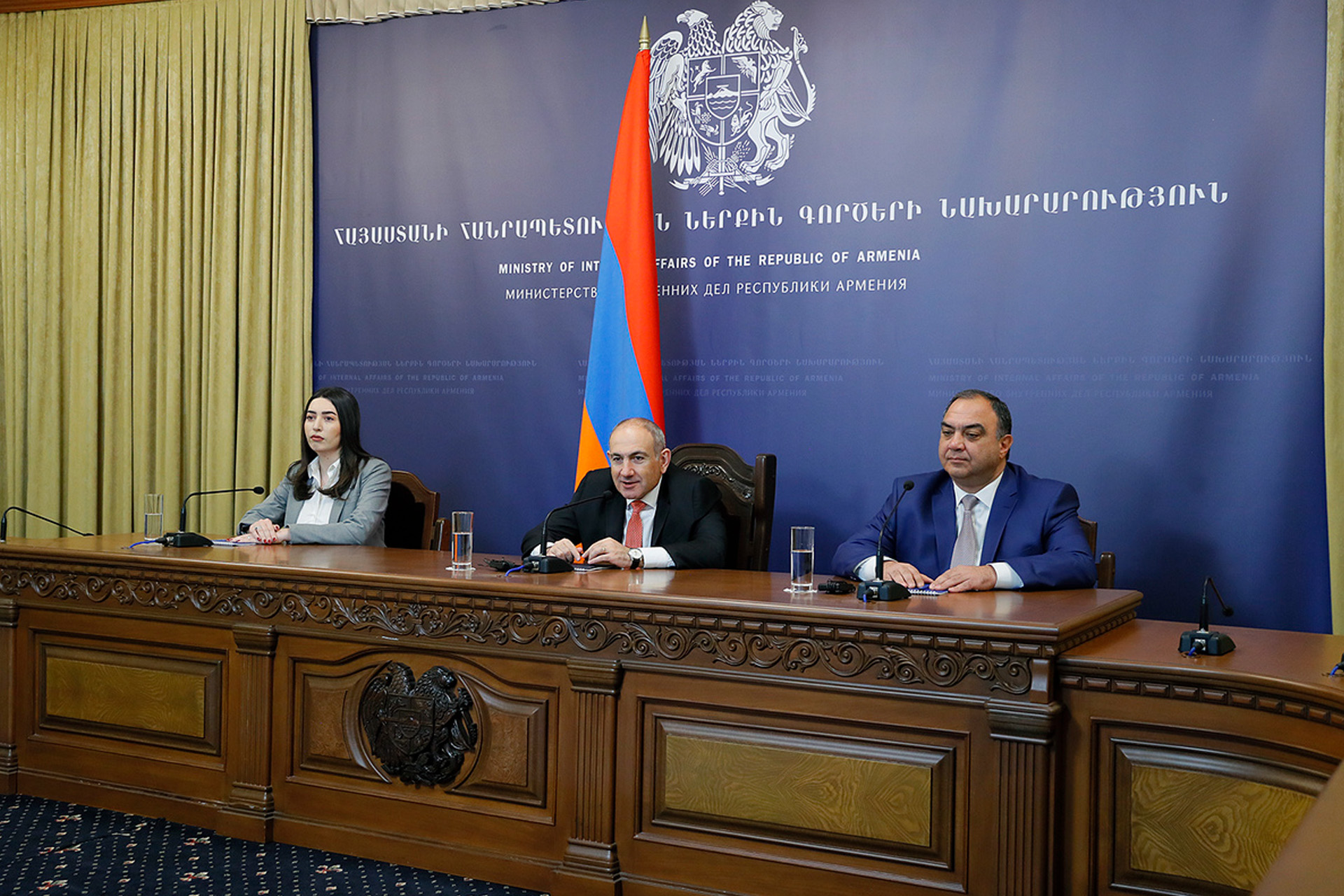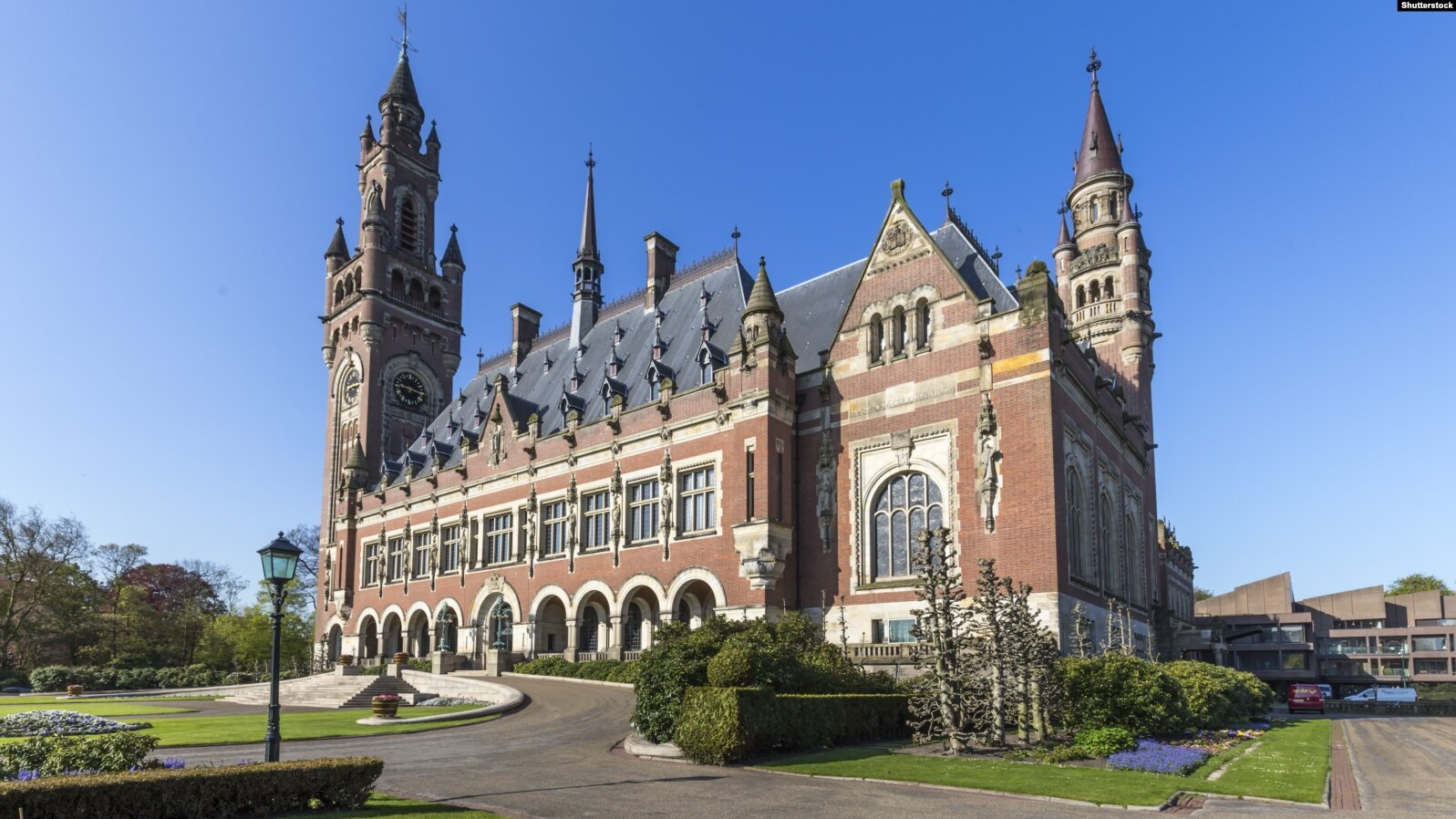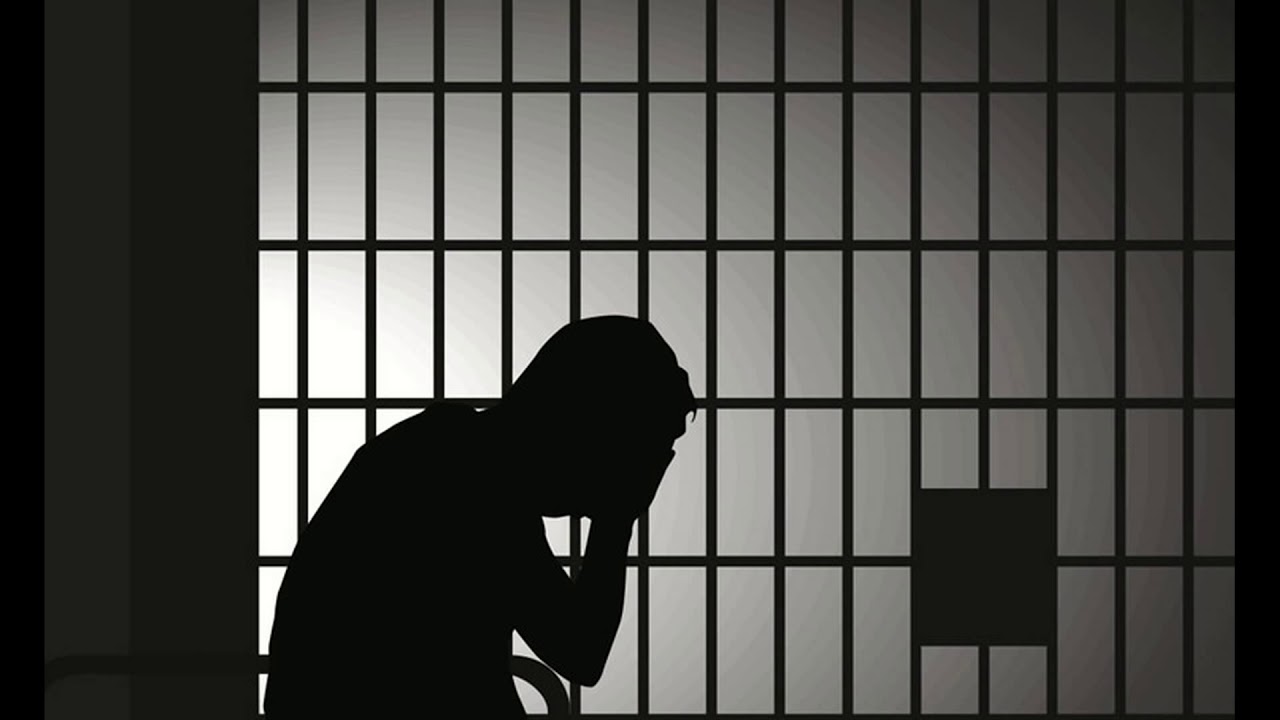"Impunity Persists": Expert Opinion on Human Rights in Armenia
Human Rights Violations in Armenia
International Human Rights Day has been observed globally on December 10th since 1950. It was on this day in 1948 that the United Nations General Assembly adopted the Universal Declaration of Human Rights, which for the first time defined fundamental human rights and freedoms.
Armenian experts believe that the situation regarding human rights protection in the country is concerning. During a discussion on “The State of Human Rights in Armenia: Challenges of 2024,” human rights advocate Arthur Sakunts stated that impunity persists and that efforts to restore violated rights are insufficient.
- “In Armenia, it is possible to freely express your opinions without fear”: USAID study
- Human rights report accuses Azerbaijan of “ethnic cleansing in Nagorno-Karabakh”
- “No peace without pressure on Baku” — political analyst on Pashinyan-Aliyev meeting
“No Institutional Work Is Being Done”
Arthur Sakunts, human rights advocate and head of the Vanadzor office of the Helsinki Citizens’ Assembly, believes that assessing the state of human rights requires considering several factors. Foremost among these is the fulfillment of the state’s commitments in this area, including the implementation of effective mechanisms that ensure both material and moral compensation for violated rights.
He asserts that in 2024, no institutional work was conducted in the field of human rights protection. He cites the situation within the police, where “torture and violence continue.” Sakunts also points to certain problems within the judicial system.
“When the head of the Supreme Judicial Council publicly announces their resignation at the request of the prime minister, it means the executive branch directly controls the highest judicial body,” Sakunts said.
In his view, respect for and adherence to human rights should be seen as a key measure of officials’ effectiveness. He insists that without the rule of law, there can be no democracy—a point regularly emphasized by Armenia’s authorities.
“However, how many times has the parliamentary defense and security commission held public hearings on human rights? It is obligated to do so. We have raised this issue several times. Have you ever seen such a hearing organized? This situation can be described in one word—impunity.”
Arthur Sakunts reiterated that according to the Universal Declaration of Human Rights, “no one shall be subjected to torture or to cruel, inhuman, or degrading treatment or punishment.” Yet, he says, those responsible for such violations in Armenia remain unpunished.
“Without the Protection of Human Rights, There Can Be No Peace or Security”
Araks Melkonyan, head of the NGO “Defending Human Rights Without Borders,” addressed the ongoing discussions in Armenian-Azerbaijani negotiations regarding the possibility of withdrawing lawsuits from international courts—one of Baku’s demands. Armenian Prime Minister Nikol Pashinyan has indicated that the withdrawal of lawsuits could be considered after a peace agreement is signed. However, Araks Melkonyan views this stance as a “misunderstanding of the essence of human rights.”
“We are talking about crimes committed out of hate based on nationality: torture, beheadings, extrajudicial executions, unlawful verdicts, ethnic cleansing, and so on. The leadership of Armenia calmly states that this is possible if we are moving toward peace. But there will be no peace if there is no protection of human rights. There will be no justice, no peace, if there is impunity,” she said.
She believes that if the authorities agree to such a move, it would signal the failure of all legal commitments, both domestically and internationally.
Human rights advocate Arthur Sakunts adds that the Helsinki Final Act of the OSCE treats security and human rights as a whole:
“Therefore, there is no need to artificially separate them or consider them individually. If commitment to protecting human rights is not guaranteed, and mechanisms based on the rule of law are not established, there will be no security.”
“Criminal Cases Remain Unsolved”
According to Zhanna Aleksanyan, head of the NGO “Journalists for Human Rights,” crimes committed within the military and penitentiary institutions continue to be suppressed and remain unsolved.
She notes that the situation is even worse in detention facilities. Since basic problems remain unresolved, prisoners are forced to resort to extreme measures, such as hunger strikes.
“I met with one of the prisoners. He spoke about torture. The entire administration was focused on preventing our meeting. The only thing they care about is ensuring that this information does not get out,” Zhanna Aleksanyan said.
The human rights advocate insists that violence persists in police stations as well. She believes that this issue will be included in reports by relevant international bodies.
“People May Lose Access to Free Legal Services”
Human rights expert and lawyer Araks Melkonyan believes that providing citizens with access to legal services is key to protecting and restoring their violated rights. She called the proposed changes to the Tax Code, which will require lawyers to pay higher taxes starting January 1, highly problematic.
“This will affect both human rights violations and the restoration of justice. A person without a lawyer is very vulnerable in investigative bodies, in the police. They can become a victim of violence. Without legal knowledge and without a lawyer, people will not be able to defend their rights.”
As Araks Melkonyan pointed out, the same tax will apply to lawyers providing free legal services, with no exceptions. This will ultimately lead to the inability to offer free services.
In her view, the consequences of this change in the code have not been considered from a human rights perspective. She warned that it could result in “total impunity and an increase in violence.” Once the changes take effect, she asserts, people will be able to access free legal services only at the office of the Human Rights Defender, and not everyone—only certain groups.





















